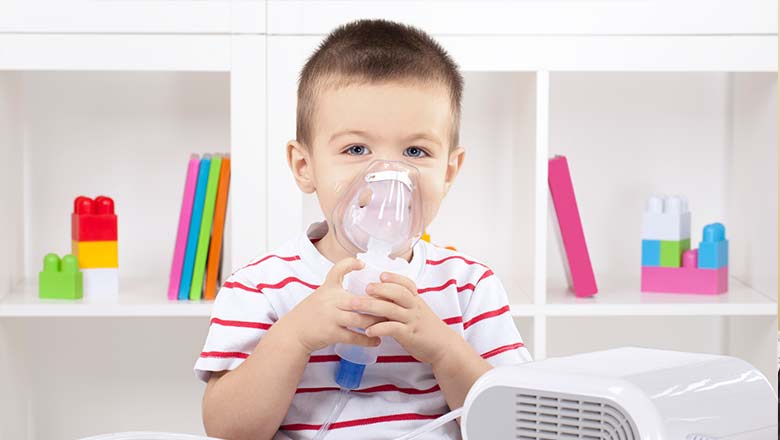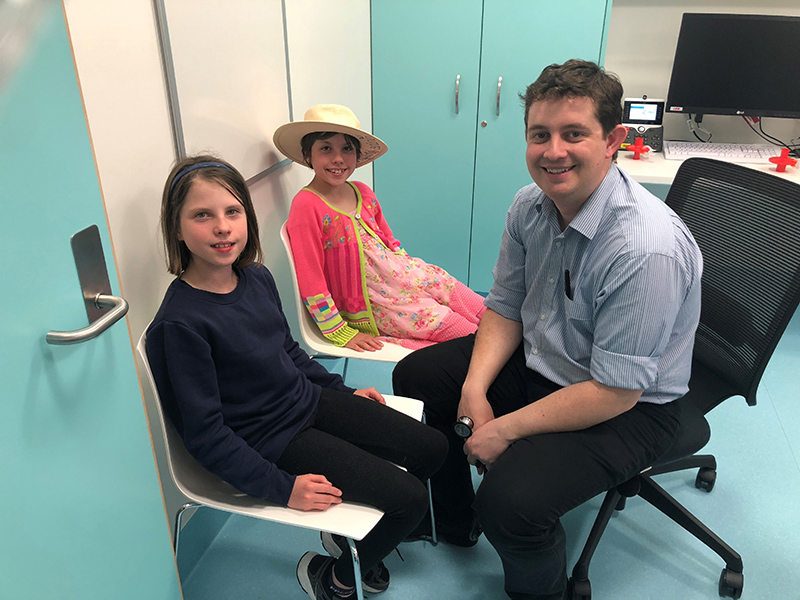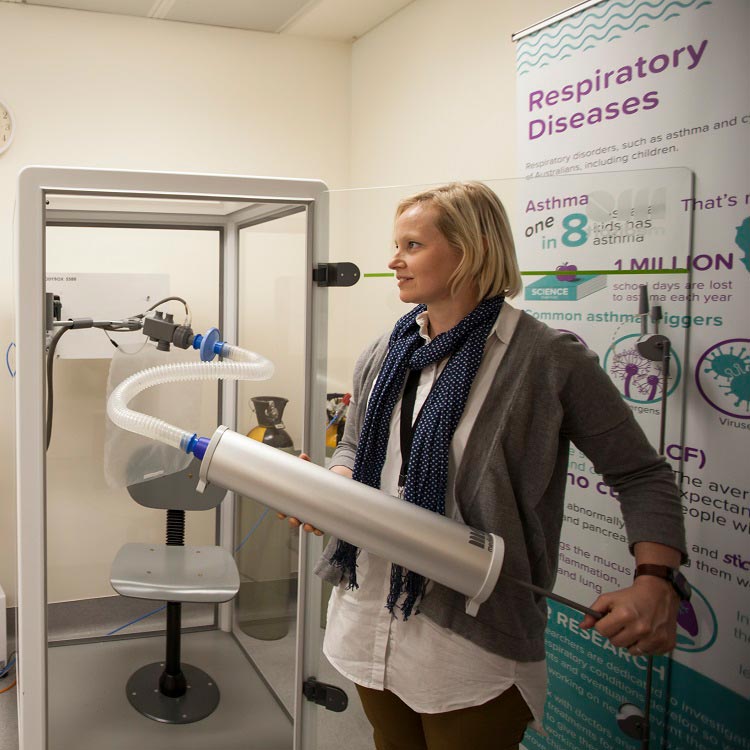Search
Research
Expression of kinin receptors on eosinophils: comparison of asthmatic patients and healthy subjectsThe aims of this study were to investigate kinin receptor expression on eosinophils of asthmatic and healthy subjects
Research
The effects of maternal smoking on early mucosal immunity and sensitization at 12 months of ageIn this study, we examined the effects of maternal smoking as a major adverse exposure in early life, on mucosal immune function and allergen sensitization...
Research
Toll-like receptor 2 ligands inhibit Th2 responses to mite allergenThere is intense interest in the interaction between microbial compounds and allergy.

The Airway Epithelial Research Team is investigating the role of the epithelium in the development of airway diseases including asthma, cystic fibrosis and lung transplant rejection.

Research
Finding the cellular explanation for recurrent asthma exacerbationsThis study is designed to identify the specific unique immune cell response that occurs in these children with recurrent disease.
Research
Targeting the mucosal immune system in a pregnant mouse model to prevent experimental allergic airways disease in the offspringStudies in Europe show exposure of pregnant women to high levels of microbial products stimulate immune function maturation in their offspring
Research
The cellular effects of estrogen on allergic asthmaThe study aims to identify the mechanism for this so that this knowledge can be used to better treat asthma and allergies in both males and females.
Research
Mechanisms of IgE sensitizationThis project investigates how cells of the immune system respond to substances to cause allergies to help develop new treatments.

News & Events
Can a simple urine test predict asthma? New study aims to find outThe Kids Research Institute Australia researchers are investigating whether a simple urine test could predict whether young children with wheezing symptoms will go on to develop asthma.

News & Events
Very preterm babies at risk of declining lung function throughout childhoodA The Kids Research Institute Australia study published in The Lancet Child & Adolescent Health has found that survivors of very preterm birth face declining lung function
